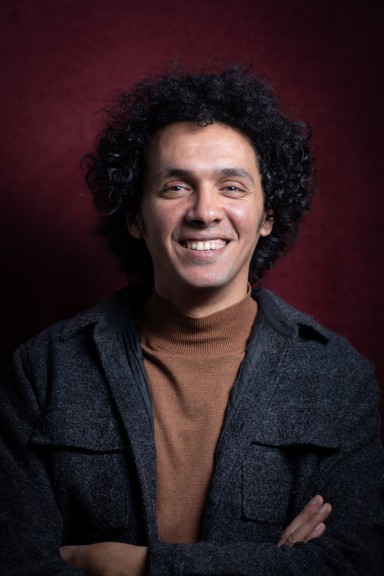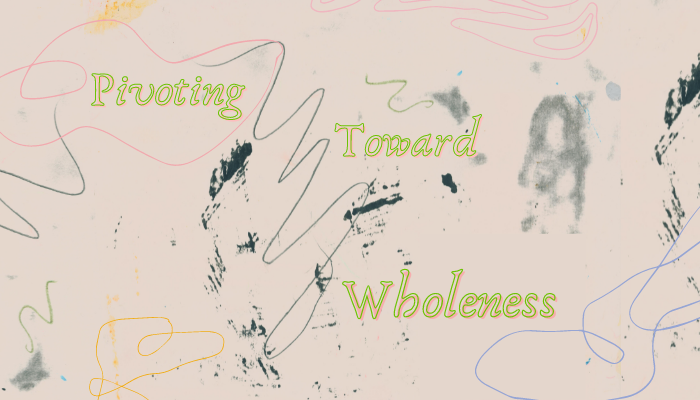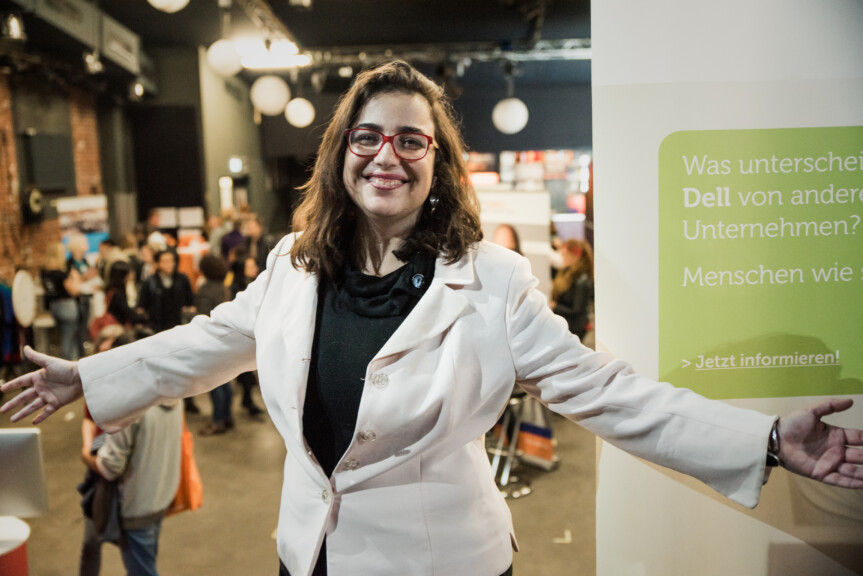This article was written by Mohamed Okasha of the Leipzig Migrants’ Council. He wrote about this election from his point of view and highlights the importance of this election for migrants living in Germany.
The federal election for some people may feel like just putting a cross next to names and parties – a routine that takes place every four years, without a major impact on one’s personal life. And it may appeal to those, who are living a wealthy and stable life without the prospect of ever experiencing the full impact of the climate crisis in their lifetime, to maybe skip the walk to the ballot box altogether. It is ironic that those who are most affected by political decisions have the smallest lobby fighting for their interests. For migrants, the situation is even worse, as they are highly affected, but some do not even have the right to vote.
Looking back at the last few years, politics were made at the expense of migrants.
Following the perception that strict migration politics will gain voters, especially from the right wing, many parties changed their position and expressed their prejudices and racism publicly. Under the current Minister of the Interior, Horst Seehofer, the migration law got significantly stricter.

As for the party and huge parts of the society, this “only” affects the discourse on a theoretical level. It has, however, actually changed the life of the migrants living in Germany. The possibility to reunite the family shrunk extraordinarily together with the chance to finally achieve stability through strong residence permits. Preventing migrants to work on their own life and future, in combination with permanent insecurity, has had a tremendous impact on their psychological and physical well-being – and this doesn’t even include the disastrous deportation conditions.
Many states departed people to Afghanistan until July this year and ministers continue to discuss if it is possible to return people to Syria. Watching the news today shows everyone how severe the situation is and has been in the last years. Apart from the horror rejected people experienced after their return, migrants living in Germany are dealing daily with the danger of being deported in every move they are taking.
Nobody can imagine this kind of suffering unless they have experienced it themselves.
Apart from more technical aspects, like residency permits and deportation, the social impact of politics on migrants is huge. Thanks to the AfD and its brothers in spirit, hate against minorities and migrants has become socially acceptable again. Even though it was always promised that history would not repeat itself, we mark the anniversaries of the terrorist attacks in Halle and Hanau. Apart from the violent and sometimes deadly results of the hate, the constant portrayal as different, problematic, and dangerous impacts the self-esteem of migrants and harms especially children and young adults. Rejections, racist incidents, and othering on a daily basis are constant micro-aggressions that result not only in psychological effects but also in a feeling of continuous discomfort.
All of that only to use migrants as scapegoats for the social imbalance parties like CDU/CSU and AfD produced themselves.
It is a very old strategy but is still as destructive and violating as ever. But the great advantage of democracy is that all the ordinary people are able to vote for a change and future they want to live in. Even though migrants might not have a big lobby in Germany, we, as a society, can vote for their good. Through that, a more powerful representation of interests and a stronger society will arise. So let solidarity be the decisive factor in the coming elections!









